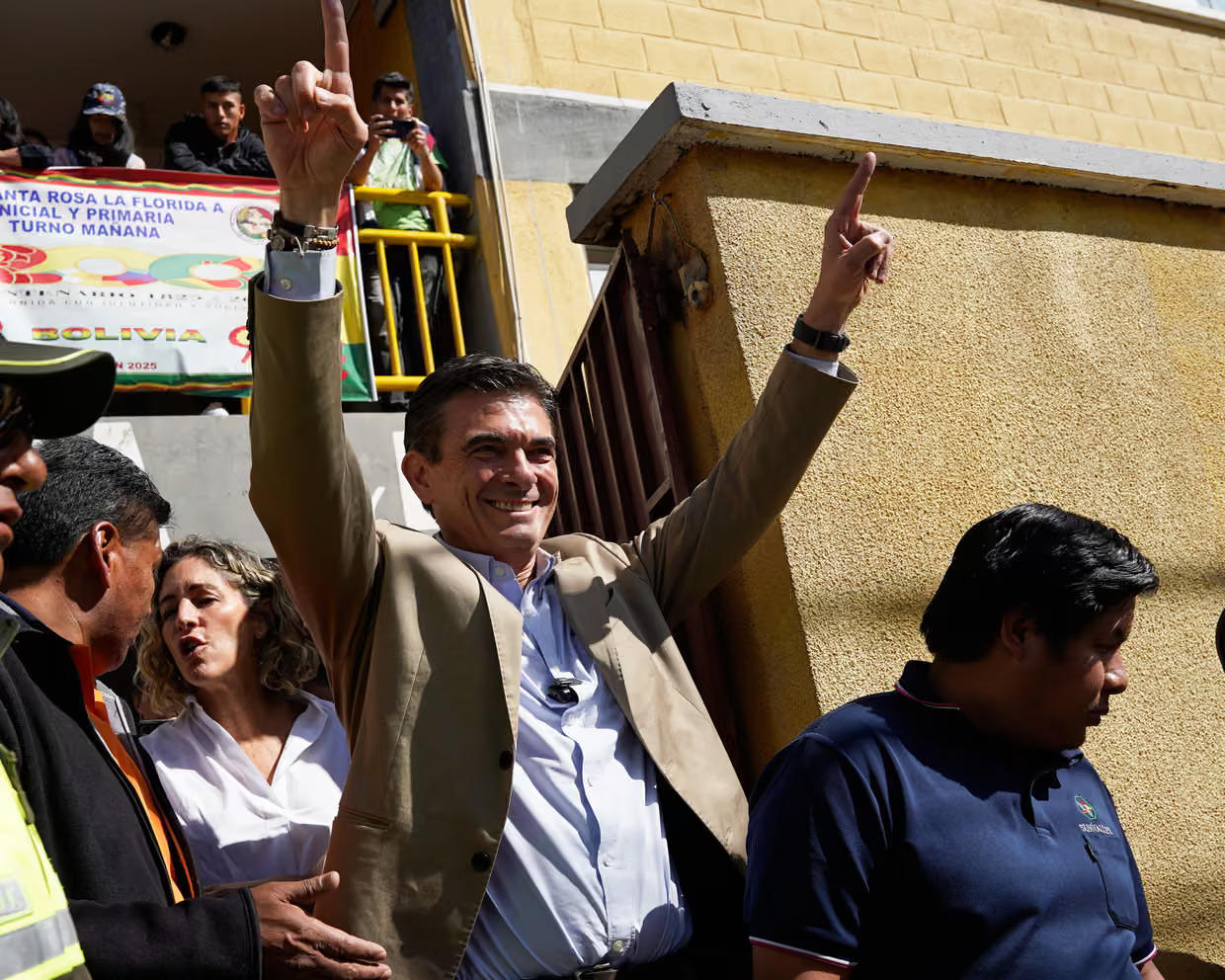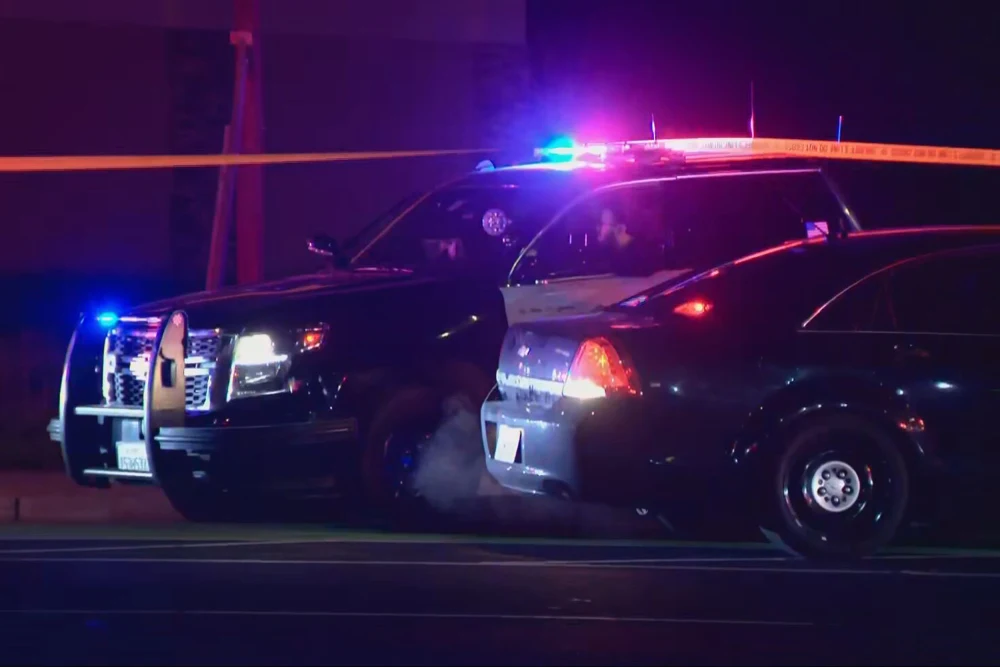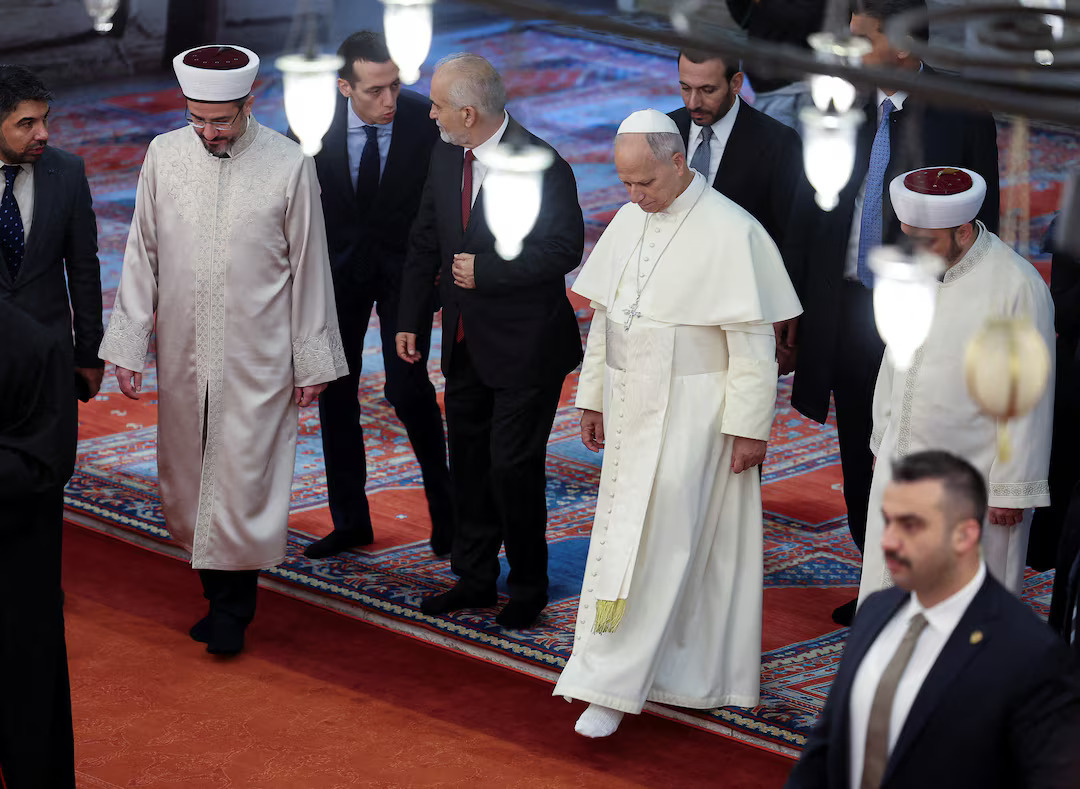Bolivia Ends 20 Years of Leftist Rule as Presidential Race Heads to Rightwing Runoff
For the first time in its democratic history, Bolivia’s presidential election is heading to a runoff — and both finalists are rightwing candidates. The outcome signals a stunning shift in the country’s political landscape, effectively ending nearly two decades of dominance by the leftist Movement for Socialism (MAS) party.
The surprise frontrunner is Rodrigo Paz Pereira, a 57-year-old centrist senator who began his campaign polling at just 3%. In a dramatic surge, he now leads the vote with 32.1%, according to preliminary figures released by the electoral court.
Trailing him is Jorge “Tuto” Quiroga, 65, a conservative former president who briefly held office in 2001 after the resignation of former dictator Hugo Banzer. With over 92% of ballots counted in the fast-track tally, Quiroga has secured 26.9% of the vote.
“Thank you to those who gave a voice to the voiceless,” said Pereira, the son of former President Jaime Paz Zamora. In an emotional speech in La Paz, Pereira praised his running mate, ex-police captain Edman Lara Montaño — a whistleblower on police corruption — as a crucial part of their success.
“We are going to confront corruption head-on — dammit!” Pereira declared, drawing cheers from supporters. Quiroga also struck a triumphant tone: “This is a historic night, not for one party, but for all Bolivians who stood up with dignity and hope.”
The electoral court emphasized that these results are not final. Bolivia uses two vote-counting systems: a rapid digital count based on ballot images, and a slower, official tally where every vote is verified at polling stations. Final results may take up to a week.
Since neither candidate secured over 50% of the vote — nor the 40% needed with a 10-point lead — a second-round runoff is scheduled for October 19.
Economic turmoil is expected to dominate the runoff campaign. Bolivia is facing its worst financial crisis in four decades, marked by fuel and dollar shortages and surging inflation. Outgoing President Luis Arce, a MAS figurehead, declined to seek re-election and instead backed his interior minister, 36-year-old Eduardo del Castillo. Del Castillo earned just 3.15% of the vote.
Though meager, that result was enough for MAS to retain its legal standing, narrowly clearing the 3% threshold. The party’s dramatic decline was underscored by an unprecedented 19.1% of ballots being declared null or void — far above the historical average of under 5%.
Former President Evo Morales, Bolivia’s first Indigenous leader, spent weeks urging his base to spoil their ballots in protest after being barred from running for a fourth term. His calls appear to have significantly influenced the surge in invalid votes.
Business magnate Samuel Doria Medina, 66, who had led many polls earlier in the race, finished third with 19.89%. He quickly conceded and announced his endorsement of Paz Pereira for the second round.
Political analysts suggested that Paz Pereira may have benefited from being outside the fray of recent mudslinging between Quiroga, Doria Medina, and MAS. Additionally, polling had indicated a large percentage of undecided voters heading into election day.
The highest-ranking leftwing candidate, Senator Andrónico Rodríguez, garnered just over 8%. Once seen as a potential MAS successor, Rodríguez broke away to run with a small coalition. His campaign collapsed in the final stretch, falling from early third-place polling.
Over 2,500 national and international observers — including delegations from the EU and the Organization of American States — monitored the election. Observers reported the process was largely peaceful, aside from a few isolated disruptions.
One notable incident involved Rodríguez, who was jeered and pelted with stones by Morales supporters while voting in Entre Ríos, a MAS stronghold. He was escorted by security forces but was not injured. Once hailed as Morales’s heir, Rodríguez was denounced as a traitor after launching his own candidacy.
Morales himself remains defiant and free, despite an outstanding arrest warrant related to allegations of fathering a child with a minor — charges he denies, calling them politically motivated. He cast his vote from Villa 14 de Septiembre, close to where loyalist coca growers continue to shield him from arrest.
President Arce, who was once Morales’s finance minister but has since become his political rival, voted in La Paz and vowed to oversee “a fully democratic transition” ahead of the November inauguration of the next president.

Jagger Beltran is the founder and author of Computer Site Engineering, a blog dedicated to exploring the latest in computing, hardware, and software. With a passion for technology, he provides in-depth insights to help readers stay ahead in the digital world.





